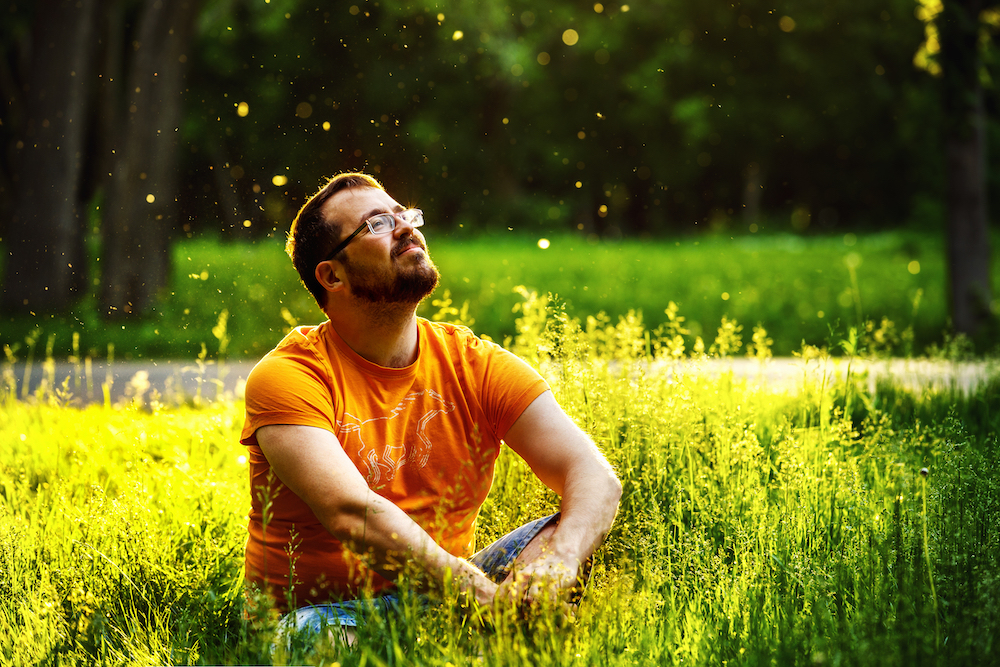
Anxiety is the most commonly recognised mental health condition. It affects 1 in 6 people in the UK.
There are various types of anxiety and reasons why they develop. One of the main triggers of anxiety is the crippling fear of a future event. The idea of something bad, humiliating, hurtful, sad, or painful waiting to happen.
The current global pandemic has seen an increase in mental health conditions, particularly anxiety, which is no wonder given that people are more concerned than ever about their future. School closures, financial pressures, isolation, illness, cancelled appointments, being unable to visit loved ones in care, are just a few of the worries keeping people up at night. Let’s not forget, celebrations, weddings, birthdays, holidays, Christmas 2020 …
As Leeds is hit with further lockdown restrictions, it’s inevitable that we look back at the challenges of the past six months and wonder, what’s next? As every newspaper, TV channel and social media feed is full of worst-case pandemic ‘what ifs’, it’s easy to see why feelings of anxiety can run away with our thoughts and make us fear for the future.
From the second we wake up to the minute we go to sleep we are switched on thinking machines, processing thousands of thoughts, feelings, and emotions every day. Most of them are repetitive thoughts and behaviours so we don’t think them on purpose, just like scratching an itch or yawning. We tend to plod through life, one day rolling into the next.
As well as practical thoughts, like what am I going to have for lunch? Or, I need to be at a certain place at a certain time, we have other more personal feelings that have the power to affect the way we think about ourselves and our future either positively or negatively.
Mindfulness is the practice of living in the now. It is being aware of what you are doing purposefully. It means paying attention to what is going on in your life. This can be as simple as listening to the words of your favourite song, eating a meal without distractions, enjoying the flavours of your food. Taking a mindful walk in a local park, noticing the change in seasons, the colours of the falling leaves, noticing the sights and sounds of the world around you.
Mindfulness is clinically proven to ease the burden of anxious overthinking, stress, depression, addiction, fatigue, and physical pain. It’s also said to boost the immune system, encourage self-acceptance, kindness, concentration, and brain function. While ever you are engaging your mind with your current tasks, no matter how normal that may be, you aren’t worrying about the future. It recharges your brain and gives it a much-needed rest from overthinking. The more you practice the easier it becomes to deliberately focus your attention on the things you want to think about, rather than worrying about the things you don’t.
Put simply, mindfulness is good for you. It can be done anytime, anywhere by anyone. You don’t need to set time aside, have special clothing or be sat in silence to do it. Literally anything can be done mindfully.
Three Easy Mindful Practices
1. Mindful conversation. Put away any distractions- phones, games etc. Turn off the TV and have a mindful conversation where you listen and engage fully with the person you are speaking with. Give them your full time and attention.
2. Have a mindful bath or shower. Feel the sensation of the water on your skin, notice the temperature, is it hot or cold? Smell the shower lotion or bath bubbles, what is the fragrance. When you dry off, notice the texture of the towel against your skin is it ruff or soft?
3. Mindfully lay in bed, feel the sensation of the bed beneath you, is the mattress comfortable? Is the bed warm or cool? Can you smell the washing powder on your sheets?
For more mindfulness and wellbeing tips or to join an 8 week Mindfulness Course www.pathwaysforpositivity.com
World Mental Health Day is on Saturday 10 October 2020.
This post was written by Shannon Humphrey
Photo: Shutterstock
We encourage anyone living or working in South Leeds to use this website to tell their news. You can either use the Create an article for South Leeds Life page, or email us at: info@southleedslife.com


